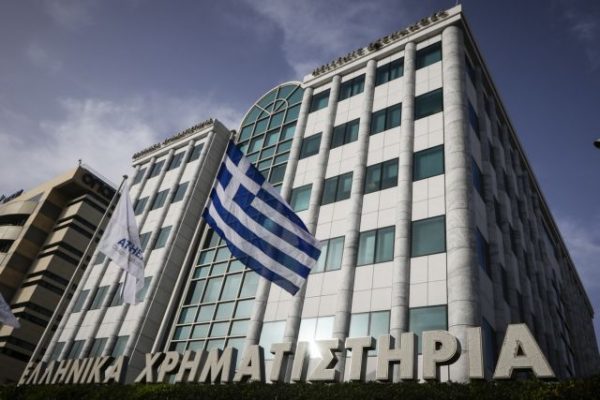Even as the borrowing interest rates for Greece remain at prohibitive heights, Cyprus has returned to the markets and is borrowing cheaply.
That news should not be read on economic terms, but rather politically. It is not the economic dimension that is important here. It is the political dimension, which highlights the fundamental problem of our country, and it explains the fact that other countries that signed bailout memorandums escaped that nightmare more quickly, while Greece is still bedeviled by the crisis.
The things that occurred in Greece did not happen in Cyprus, Portugal, and Ireland. Political forces did not split into pro-memorandum and anti-memorandum parties. None of the parties maintained that the memorandum brought the crisis and that the crisis did not bring the memorandum. No political party asserted that other parties are subservient to foreign powers, and no party pretended that there would be a “clean exit” from the bailout memorandum, in order to win the next general election.
On the contrary, their political systems rallied behind a single goal – exiting the crisis with the least possible cost for citizens.
In Greece, the exact opposite occurred, and the burden was not shouldered only by citizens. The country paid the price of not being able to establish its credibility. It has become hostage to a government that made many mistakes, few of which it has recognised.
Still, it appears not to have learned its lesson.








